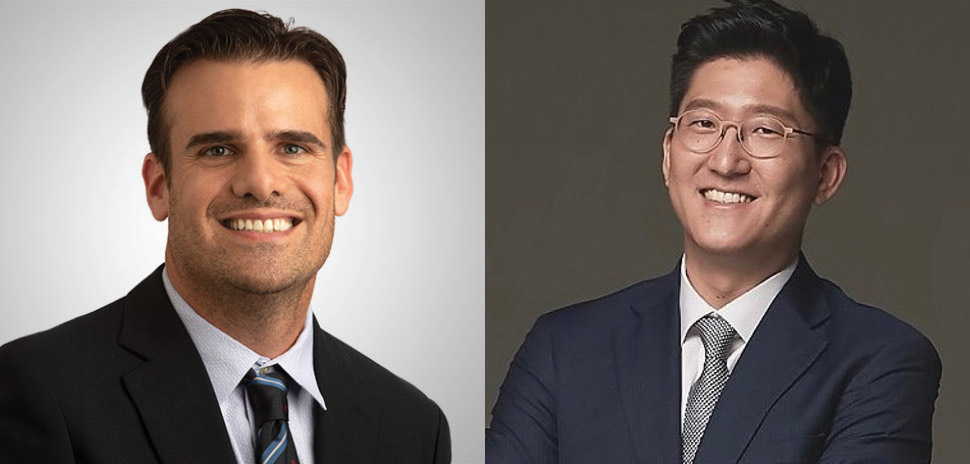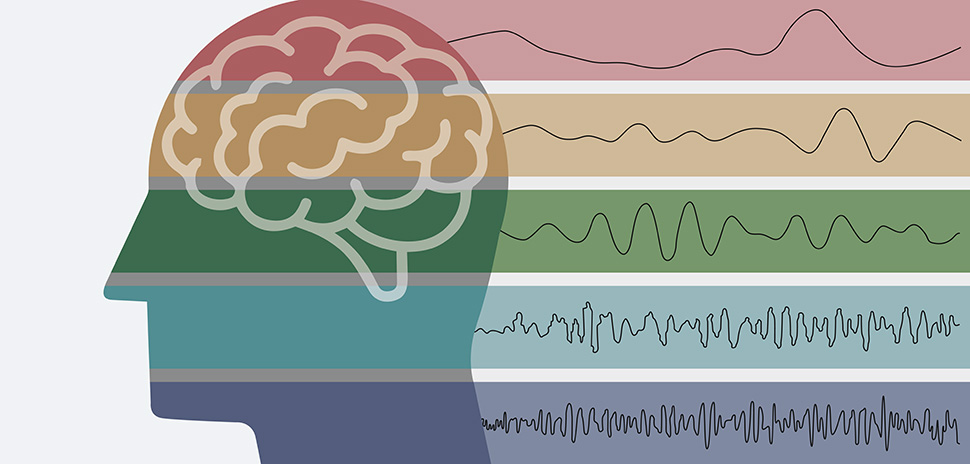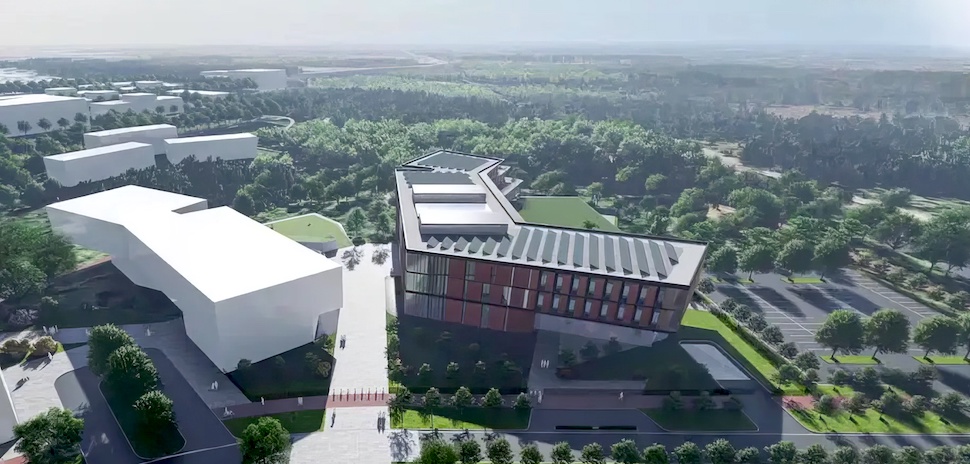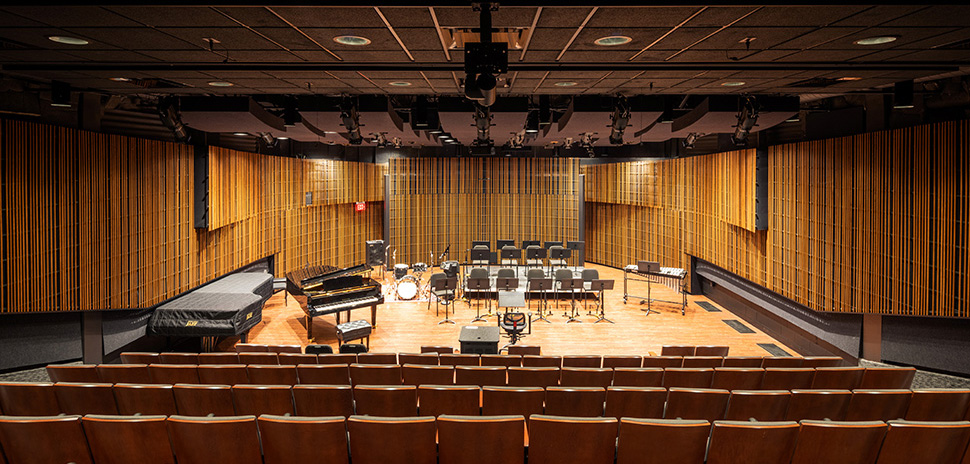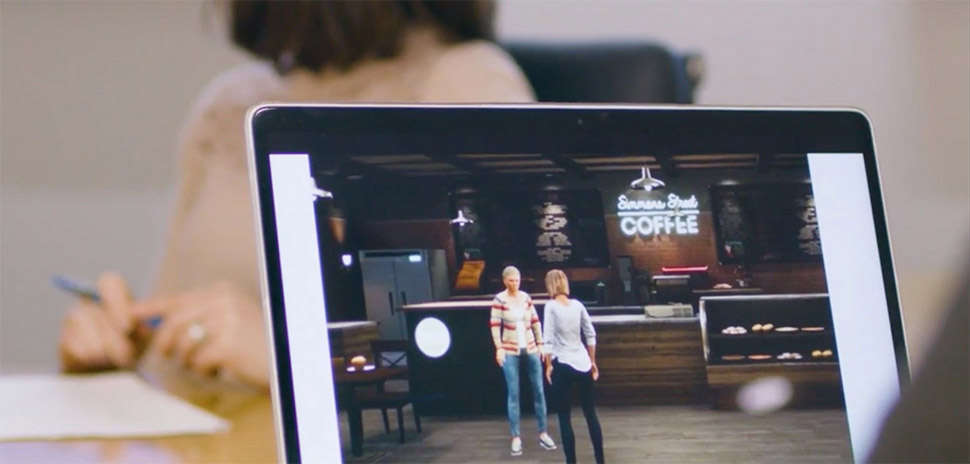The use of 3D bioprinting to address keratoconus, a debilitating condition that affects the cornea and can lead to blindness, is being pioneered by researchers at The University of North Texas Health Science Center at Fort Worth.
The interdisciplinary effort, which is being led by Drs. Dimitrios Karamichos and Jayoung Kim, could expand treatment options for patients suffering from this progressive vision disorder, HSC said.
Keratoconus causes the cornea to thin and bulge and affects as many as one in 300 people globally, HSC said. The progressive condition not only impairs vision but also can lead to severe complications, including blindness, if left untreated, the center said.
“The rate of progression varies from patient to patient,” said Karamichos, interim dean of HSC’s College of Biomedical and Translational Sciences and executive director of the North Texas Eye Research Institute. “It could accelerate to severe stages quickly. At that point, the patient would require treatment.”
Treatments such as corneal cross-linking (also known as collagen cross-linking) — which strengthens the cornea by using special eye drops and light to “stiffen” it for increased stability — are currently available, HSC said. But they’re often limited to specific stages of the disease and are not suitable for all patients.
HSC said its teams are working to change that.
3D bioprinting offers customized solutions
Kim, an expert in bioengineering and associate professor of pharmaceutical sciences in HSC’s College of Pharmacy, is working alongside Karamichos to use 3D bioprinting technology to develop personalized biocompatible devices that can be worn on the eye during treatment, the HSC said.
That technology allows researchers to print structures using materials similar to living tissue that can be used in the body to repair or treat organs and tissues.
HSC said the innovation could enable more people with keratoconus to receive treatment. It said that collagen cross-linking is limited because of the complexity of the procedure and the constraints of existing treatment devices.
“Our approach to this problem is to create on-demand 3D bioprinted medical devices that can be worn on the eye during the collagen cross-linking application to prevent damage,” Kim said in a statement. “The geometry of the device can be customized to match each patient’s eye curvature and will be made from biocompatible materials.”
‘A major breakthrough for the precision medicine toolkit’
HSC said the project is supported by the center’s Team Science grant program that encourages collaboration among researchers from diverse scientific backgrounds. The program, funded by HSC’s Division of Research and Innovation, enables scientists to pursue novel solutions to complex health problems.
Dr. Brian Gladue, HSC’s executive vice president for research and innovation, said the work is an example of the potential of interdisciplinary research in addressing unmet medical needs.
“While artificial intelligence receives a lot of buzz, real-time customized bioprinting like this represents a major breakthrough for the precision medicine toolkit, particularly for vision health,” Gladue said.
HSC said the researchers have partnered with HSC software engineers specializing in bioprinting. The center said the team is collecting preliminary data to submit an application for federal funding for the project.
If successful, the project could lead to long-term research initiatives and significant advancements in the treatment of keratoconus and other vision disorders, Karamichos said.
Developing an innovative mindset
The University of North Texas Health Science Center at Fort Worth, which sits in the Fort Worth Cultural District, trains the healthcare providers, public health workforce, and scientists of the future in an inter-professional ecosystem.
In HSC’s six colleges, students learn to work in teams and to develop an innovative mindset that prepares them for a rapidly changing health landscape.
HSC Health, the clinical enterprise of the Health Science Center, provides patient-centered care to people across Tarrant County.
![]()
Get on the list.
Dallas Innovates, every day.
Sign up to keep your eye on what’s new and next in Dallas-Fort Worth, every day.

